Specifications
| book-author | Pushkin Kachroo, Kaan M. A. Ozbay |
|---|---|
| publisher | Springer; 2nd edition |
| file-type | |
| pages | 272 pages |
| language | English |
| asin | B07D4B8JK2 |
| isbn10 | 3319692291; 303009877X |
| isbn13 | 9783319692296/ 9783030098773 |
Book Description
This ebook Feedback Control Theory for Dynamic Traffic Assignment: Advances in Industrial Control; 2nd edition (PDF) develops a methodology for designing feedback control laws for dynamic traffic assignment (DTA) exploiting the introduction of new sensing and information-dissemination technologies to facilitate the introduction of real-time traffic management in intelligent transportation systems. Three methods of modeling the traffic system are discussed:
- partial differential equations representing a distributed-parameter setting;
- discreet-time ODEs representing a discrete-time lumped-parameter setting; and;
- continuous-time ordinary differential equations (ODEs) representing a continuous-time lumped-parameter setting.
Feedback control formulations for reaching road-user-equilibrium are presented for each setting and advantages and disadvantages of using each are addressed. The closed-loop methods described are proposed expressly to avoid the counter-productive shifting of bottlenecks from one route to another because of driver over-reaction to routing information.
The 2nd edition of Feedback Control Theory for Dynamic Traffic Assignment has been thoroughly updated with completely new chapters:
- an up-to-date presentation of pertinent traffic-flow theory;
- a treatment of the mathematical solution to the traffic dynamics; and
- a review of the DTA problem and emphasizing real-time-feedback-based problems;
Techniques accounting for the importance of entropy are further new inclusions at various points in the textbook.
Researchers working in traffic control will find the theoretical material presented a sound basis for further research; the continual reference to applications will help professionals working in highway administration and engineering with the increasingly important task of maintaining and smoothing traffic flow; the extensive use of end-of-chapter exercises will help the graduate college student and those new to the field to extend their knowledge.


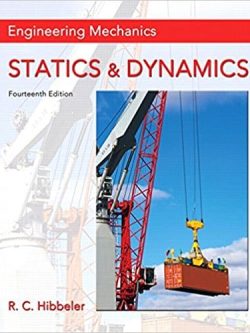


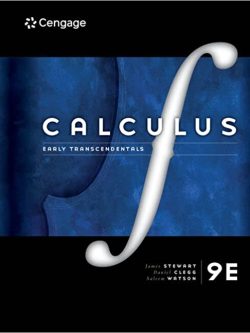

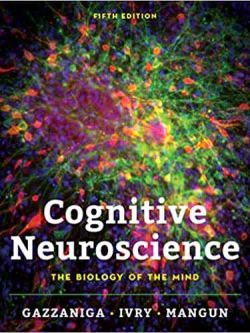

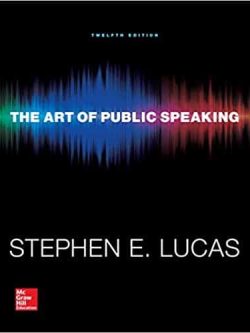

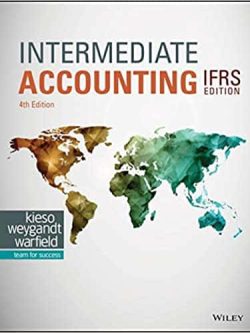
Reviews
There are no reviews yet.